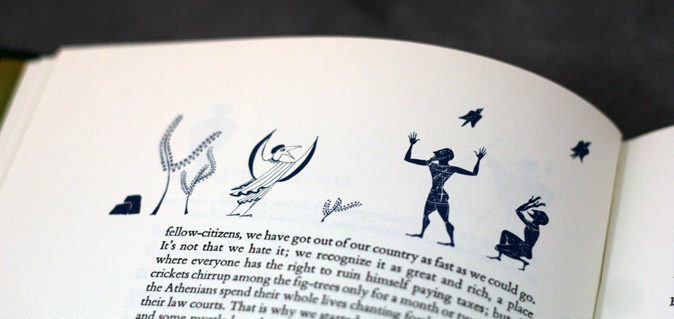

It is also a battle of the generations, but it ends not how one would expect it. Aristophanes, like Socrates (and Plato) was an opponent of the demagogues and sophists however, Aristophanes was also a stalwart defender of the necessity of poetry and mythology (as I’ve written concerning understanding Plato’s Symposium ).Īristophanes’ comedy, the Wasps, is the first extensive and thorough work of political (and social) criticism in the Western literary tradition. Although satirized by Plato in Symposium, Aristophanes was friends with Socrates, and he was respected by Socrates and Plato. In some sense, Aristophanes also lived through exciting, as well as turbulent, times. And by the time of his death, formal philosophy was taking shape, with the rise of Socrates and Plato. His early years coincided with the turbulence of war and tyranny. While the playwrights prior to Aristophanes lived in exciting and transformative times, Aristophanes’ career spanned the apogee of Athenian power and degeneracy. Moreover, Aristophanes was the first outright social and literary critic the Western world ever produced-his plays being elongated, if not all so subtle, commentaries on Greek society, contemporary events, and literature. In fact, reaction and modernity often occur together. Aristophanes, as Leo Strauss aptly said of him, was a reactionary.

His surviving plays are considered the high-water mark of ancient comedy and are filled with sensualism, blasphemy, and ridicule. 446 BC-380 BC) is the greatest of the classical comedians. In the words of German poet Henrich Heine: “There is a God, and his name is Aristophanes.”Īristophanes (c. In place of εις and θηρα μυρα δειτατα, our heroes are terrified by the figure of Empousa, who is seen by Xanthias alone. After disembarking, he is joined by Xanthias, who was forced to walk around the lake, and they find themselves in the place of σκτος κα βρβορος, where they see the miscreants. In what appears to be a kind of false parodos Dionysus engages in a metrical tug-of-war with the frogs that finally spoils his rowing rhythm. At this point we have the introduction of the off-stage chorus that gives the play its name. Dionysus crosses the lake on Charon's barque, but is forced to row. The various items on this itinerary – Charon, terrifying beasts, filth and excrement, sinners, μσται – are all encountered on Dionysus' journey, each transformed for humorous effect. After some comic play, as they consider various short-cuts, Heracles finally gives Dionysus a serious lesson in Underworld geography. In the prologue Dionysus and his slave, Xanthias, seek out Heracles and ask his advice about the journey below. In Frogs Aristophanes presents the comic katabasis of Dionysus, whose quest is to bring back the recently deceased Euripides and restore him to the Athenian literary scene.


 0 kommentar(er)
0 kommentar(er)
